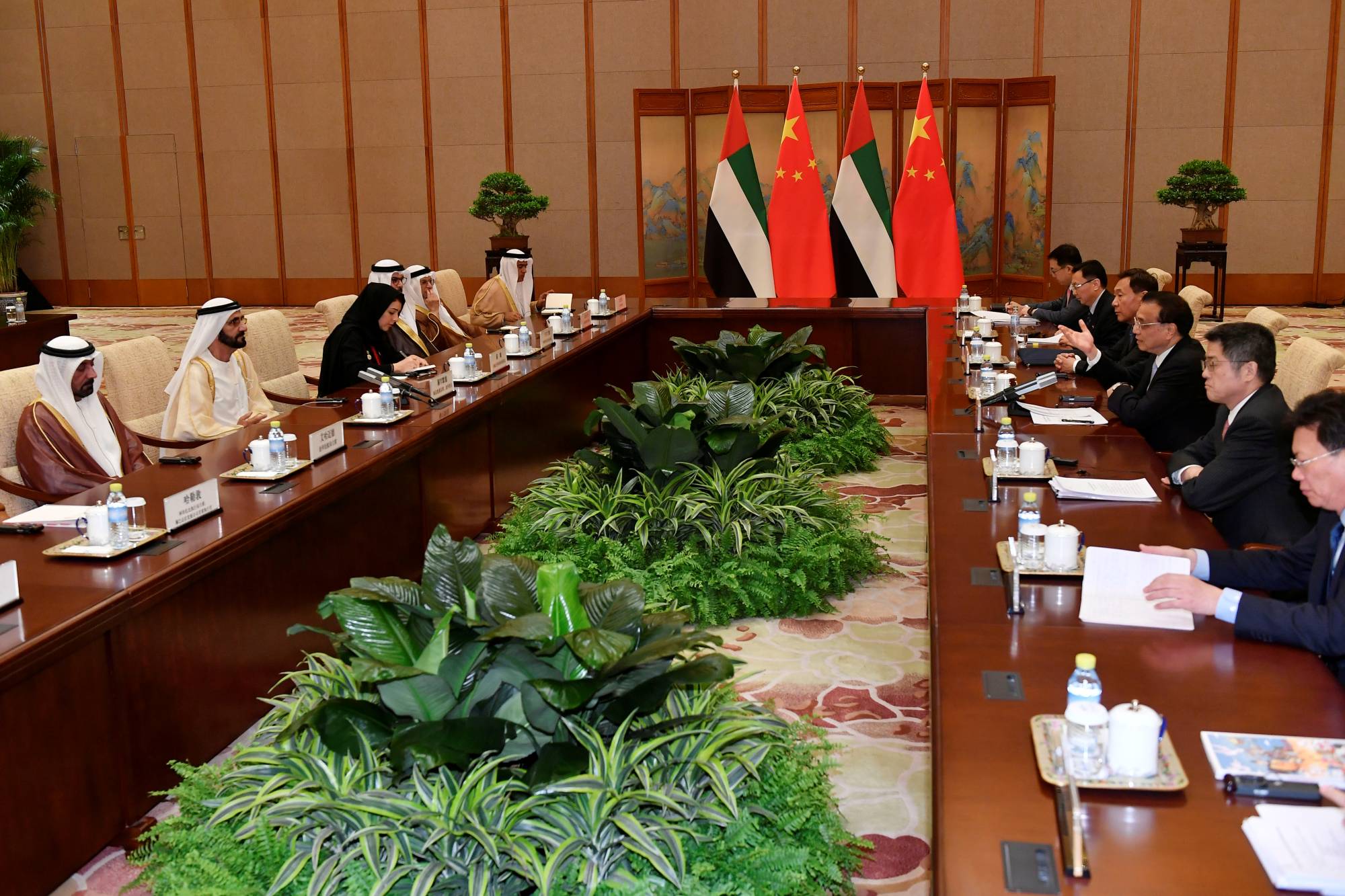The emerging narrative of China’s rise in the Middle East as a counter to American power and influence rests on the skewed portrayal of a few very large investments, mainly involving state entities, and a few large contracts to build infrastructure — mostly centered in the states of the Gulf Cooperation Council (GCC). In a public-relations success most Middle Eastern leaders would envy, Beijing has claimed the mantle of a great power in the region without a commitment to wider economic development or security.
The GCC, meanwhile, has been looking eastward, seeing in China a promising export destination for hydrocarbons, and a middle-class consumer base for a full cycle of energy-based products, from plastics to refined liquids. (This is also true of India.)
This is a bilateral interdependence, driven as much from the GCC as it is from China — a diversification strategy and a bid for market-share. Proclamations of great strategic alliances are, as yet, unfounded.



















With your current subscription plan you can comment on stories. However, before writing your first comment, please create a display name in the Profile section of your subscriber account page.